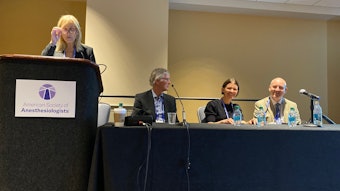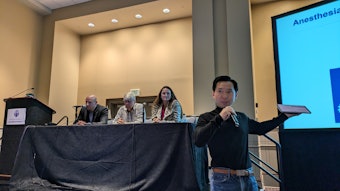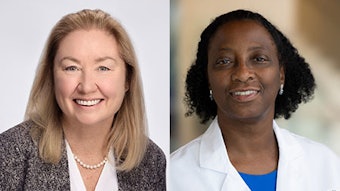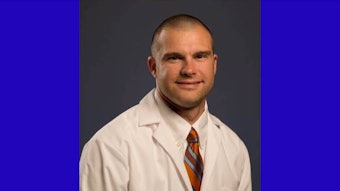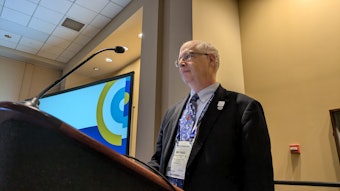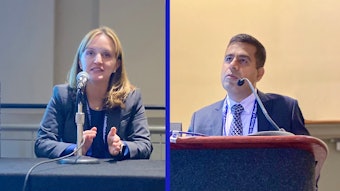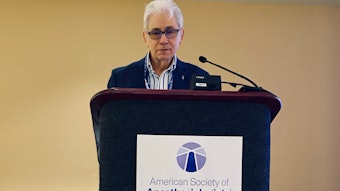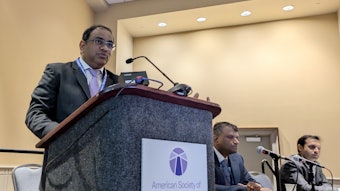Ensuring satisfaction
How and why to capture data that can make a difference.
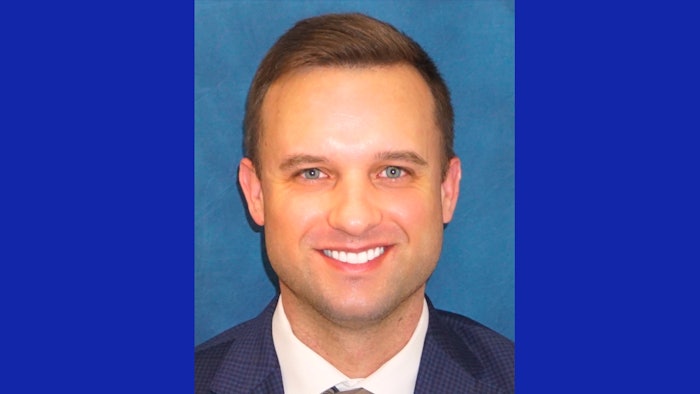
Health care professionals and clinicians who are responsible for capturing and applying approval metrics within their organizations may relate to the words of U.S. founding father Alexander Hamilton: “I’m never satisfied.” This sentiment, of course, is according to the Broadway musical sensation.
In a 2024 session, “Outpatient Ambulatory Surgery Satisfaction: Beyond I Can’t Get No,” panelists examined what satisfaction means within the outpatient ambulatory surgery setting, why it is so important to address, and what could happen if ignored. They shared strategies for obtaining results, analyzing feedback, and implementing changes.
Surgery centers are made up of different groups of people who possess distinct needs to feel happy or fulfilled, and each one demands to be seen and heard. Three panelists will focus on three satisfaction areas respectively – staff, health care system, and patient. The panel included Grant Neely, MD, Associate Professor, Regional Anesthesia Interim Fellowship Program Director, West Virginia University School of Medicine in Morgantown, Ashley Shilling, MD, Professor of Anesthesiology at the University of Virginia in Charlottesville, and Hanae K. Tokita, MD, FASA, Director of Anesthesia at Memorial Sloan Kettering Cancer Center’s Josie Robertson Surgery Center in New York.
“Understanding and improving satisfaction across these domains can transform outpatient surgery centers into centers of excellence where quality care, professional fulfillment, and systemic efficiency converge,” said Dr. Neely. These domains include:
- Patient satisfaction can be attained via real-time feedback kiosks or postoperative surveys, and it often contains elements such as effective communication and pain management. Responding to patients with ease and empathy can produce better clinical outcomes and higher adherence to treatment plans.
- Health care system satisfaction can be influenced by operational efficiency, access to state-of-the-art equipment, and multidisciplinary coordination. Benefits of meeting these items may include increased cost savings, improved regulatory compliance, and organizational alignment.
- Staff satisfaction covers surgeons, clinicians, and administrative employees, who collectively desire job security, work-life balance, professional development, career growth opportunities, and positive workplace culture. Meeting, or exceeding, these requirements can support staff retention, decrease burnout, and improve quality of patient care.
Panelists provided attendees with tips and tools to measure satisfaction and transform values into concrete outcomes.
“Analyzing satisfaction results should involve both quantitative and qualitative methods,” said Dr. Neely. “Surveys provide valuable numerical data, while interviews and focus groups offer deeper insights into specific issues. Identifying trends and patterns helps uncover the root causes of dissatisfaction.”
Prioritizing satisfaction across a center truly moves the needle on quality, safety, and efficiency.
“The most crucial thing to understand about capturing and interpreting satisfaction results is the need for a holistic approach,” Dr. Neely said. “Each group has unique needs and perspectives, and tailored strategies for each group can significantly enhance satisfaction levels and overall outcomes.”
